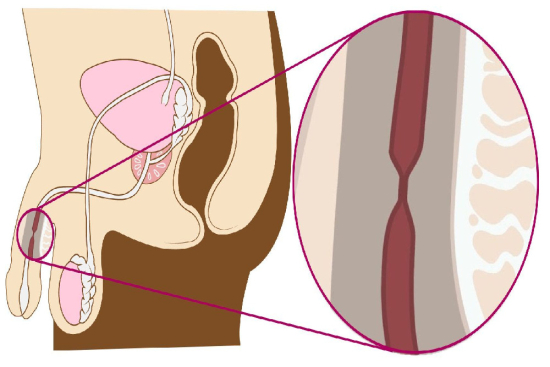Urethroplasty is a surgical procedure to reconstruct the urethra, the tube that evacuates urine from the bladder. Urethroplasty is indicated to treat a variety of conditions, such as urethral strictures, birth defects or injuries caused by trauma, in order to restore normal urine flow.
Urethroplasty prices in Turkey
Do you suffer from urethral narrowing? Choose urethroplasty in Turkey and benefit from our recognized expertise in the field of urology. Our experienced surgeons will provide you with personalized solutions to help you return to a normal life. Take advantage of competitive prices and rigorous post-operative follow-up.
The price of an urethroplasty in Turkey can range from $3,000 to $12,000, depending on the complexity of the surgery and the healthcare facilities involved.









